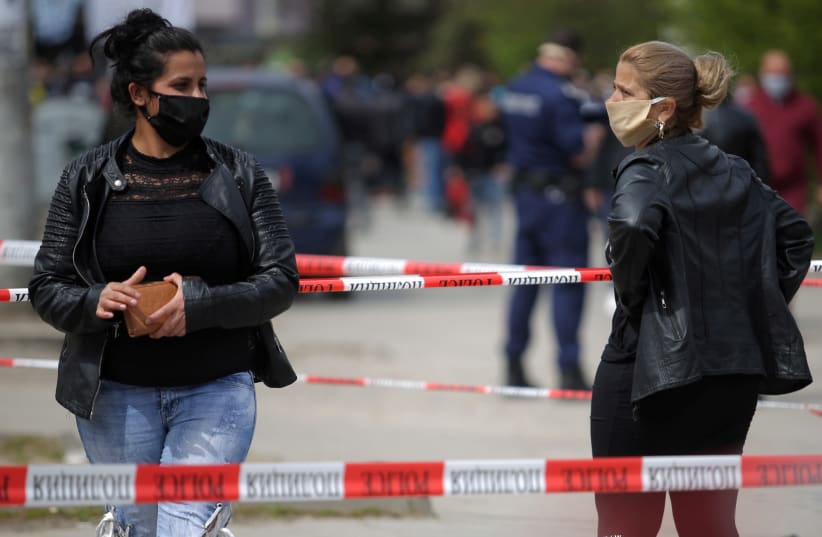Checkpoint controls went into force last Thursday in two poor, mainly Roma neighbourhoods of the Bulgarian capital, Sofia, after 10 coronavirus cases were reported in the areas.
Scores of Roma protested over the measures, which they said were discriminatory because the lockdown, intended to curb the virus' spread, was less strict in other parts of Sofia.
Several other Bulgarian towns have also quarantined districts where Roma live, and Slovakia has closed off several Roma settlements in the eastern part of the country after reports of a cluster of coronavirus cases in such areas.
Amnesty International said it was "seriously concerned about the implementation and enforcement of the quarantine measures" in the two European Union member states.
"Amnesty International considers that unless the governments can justify that these measures were lawful, pursue a legitimate aim, are proportionate to that aim and are not discriminatory, they amount to a violation of human rights," the London-based rights group said.
It said such measures may "constitute discrimination."
Roma communities across eastern Europe are impoverished, plagued by high unemployment and historically the target of discrimination. Some Roma say they feel more vulnerable since the coronavirus outbreak began.
The Bulgarian and Slovak government did not immediately respond to requests for comment.
Sofia has previously denied accusations of discrimination, saying its measures are intended to prevent contagion and save lives.The Slovak authorities have previously said the closing off of several Roma settlements in the east of the country was designed to protect residents inside these areas as well as people outside them.
